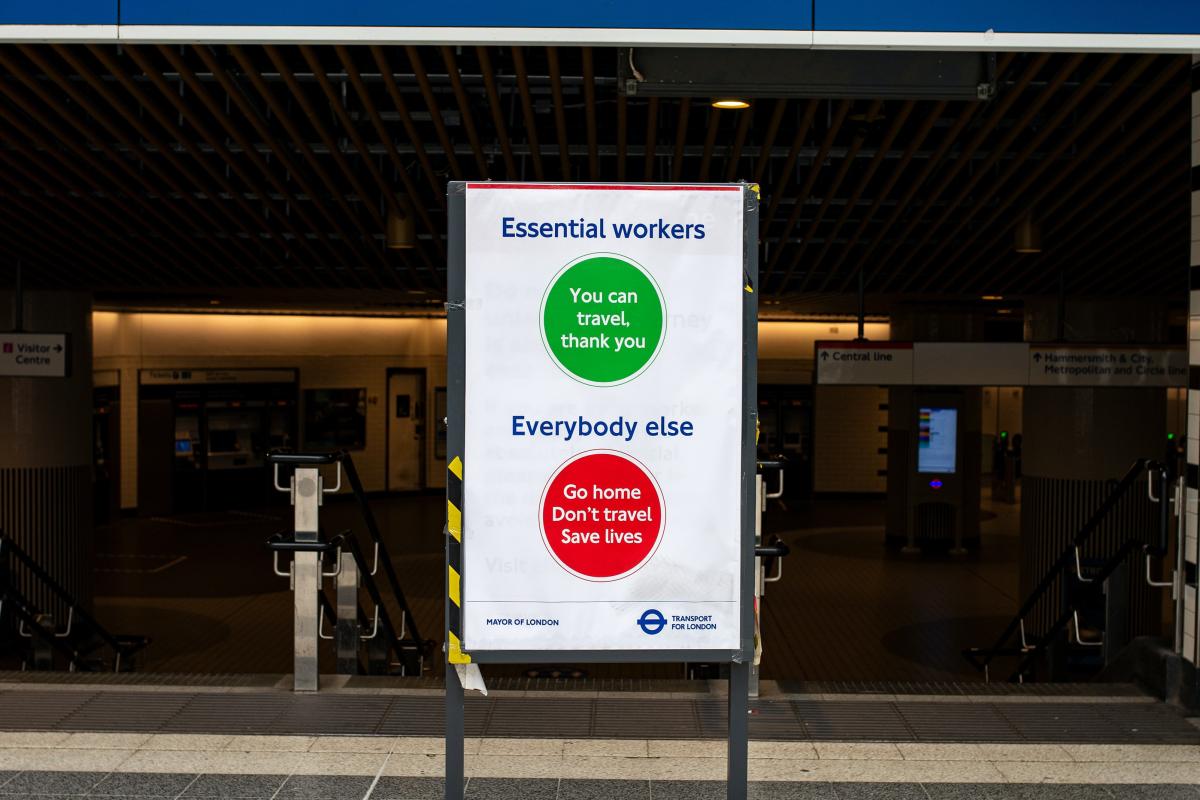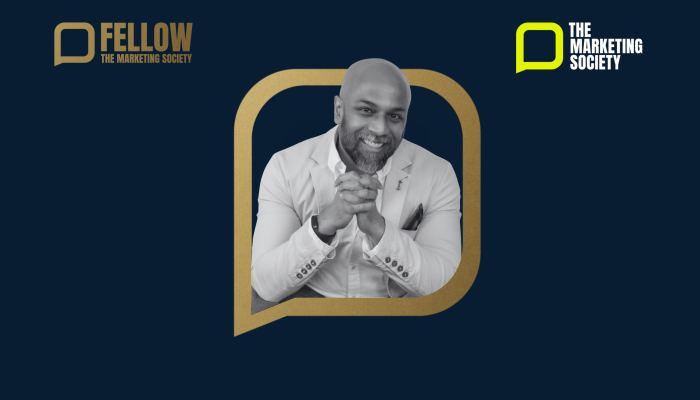Shaun Smith and Andy Milligan, authors and founders of Smith+Co and The Caffeine Partnership, look at how leaders have succeeded or failed with empathy during Covid, and what does this mean for brands
We are entering a new era, one that will require new approaches to marketing and customer experience, but it will go way beyond that. It will challenge the very way we think about brands and corporations. Covid-19 is a trigger for this change, but the cause is even more profound.
Humanity
In the 1920s a maverick Russian economist, Nikolai Kondratieff, ‘discovered’ a series of 40-60 year ‘boom and bust’ cycles. He hypothesised each cycle had four ‘seasons’: Spring (boom), Summer (expansion), Autumn (stagnation) and Winter (depression). His adherents say we are ending the Winter phase of the 5th Kondratieff that started with the Great Financial Crisis of 2008.
More importantly, we shall soon enter the Spring of the 6th Kondratieff – a time of economic renewal and societal flourishing. Each new cycle begins with a wave of innovation that creates societal change: the steam engine in the 18th century, electrification in the 19th, information technology in the 20th.
So, what innovations will drive societal change in this next cycle? Environmental science, biotechnology and nano-healthcare are among the new drivers of growth. Their effect will be a greater emphasis on putting people first. ‘Building back better’ is the right slogan for our time and will have profound implications for brands.
Our most recent book, On Purpose - delivering a branded customer experience people love argued that the age of extreme capitalism and corporate greed is coming to an end. Brands must make creating value for customers and society higher on their agenda than pleasing shareholders.
This requires a fundamentally different approach to how we market and serve our customers. A CSR advert or ‘Greenwash’ in the Chairman’s annual report won’t cut it. What you do matters more than what you say.
Empathy
We’ve seen some interesting examples of this in the pandemic. Sports Direct CEO, Mike Ashley, argued his stores should stay open to help the UK keep fit. He then hiked the price of gym equipment by 50%. Tim Martin, the CEO of JD Weatherspoon, wanted his 874 pubs to stay open because ‘there was hardly any risk to the public’. When told to close he laid off all his staff without pay and told them to get a job at Tesco. Tesco, on the other hand, gave all its staff a 10% bonus for the extra work they put in and focused on deliveries to its vulnerable customers.
Fullers, the pub chain, cancelled the commercial rents of its tenants, who are in effect the brand’s customers, because “It is imperative as a business we ensure your survival”. What Fullers demonstrated and Weatherspoon did not, is a sense of empathy extended to staff as well as customers.

HomeServe is a leading home repairs and improvements business in UK. It believes in the importance of both a customer focused purpose and of looking after its people so they can give a great customer experience. HomeServe's purpose is centred around making everything easy for its customers. During the first lockdown of the pandemic Greg Reed, its then CEO, was also determined to make things as easy for staff as he could.
Everyday Greg and his Exec team would watch the 5pm briefing by the Government. As soon as it ended they jumped on a video call to agree the key points for a daily message for Greg to send all HomeServe employees explaining in simple, clear and reassuring language what the implications of the latest briefing were for them and their families. In addition, they developed a daily roster of personal calls to staff at home just to find out how they and their families were feeling.
The leadership’s empathy for their staff had an unintended positive consequence for Greg and Homeserve’s reputation. Greg’s ratings soared on Glassdoor, the employee review site, and soon he was in the Top 5 CEOs on the site. A success he puts down to a team effort.
What Homeserve demonstrated was a deceptively simple, but powerful process that we summarised in our book ‘See, Feel, Think, Do’. The best leaders observe a situation, empathise, think about how they can improve it and then execute quickly.
These four skills are all important, but arguably, empathy is the most powerful: what Daniel Goleman calls ‘Emotional Intelligence’.
Empowerment
What does all of this mean for brands? Empathy can only be demonstrated by empowered employees. Unfortunately, too many organisations are risk adverse, more concerned with compliance than empathy and so place ‘strait jackets’ on their employees. Banks can be the worst.
Yet there are exceptions; First Direct has been winning awards for the past 25 years for its service and remains one of the most highly rated brands in the UK. It has managed this because it made its contact centre an ‘experience centre’. Rather than being a necessary pain point for customers it is a ‘hallmark’ for the brand.

First Direct’s claim, ‘The bank built around you’ is not a marketing slogan but a promise to its customers which it empowers its people to deliver. It gives them the decision-making ability to resolve customer issues at the first point of contact personally (no automated systems) and cheerfully.
Timpson, the UK store chain offering shoe repair, key cutting and engraving promises “Great Service by Great People”. That is underpinned by extreme empathy and empowerment. For example, it actively recruits prisoners.
John Timpson, the Chairman, has found that these recruits, because they want to rebuild their lives, are amongst the best of his employees. In fact, he jokes that ex-drug dealers make the best managers because they understand margin management! The shop managers are empowered to do whatever it takes to satisfy the customer. Timpson calls it “Upside Down management’. They have two rules: ‘Look the part and, Put the money in the till’.
We believe we are entering a new and exciting era, one that puts a focus on humanity and empathy. It will require boards and brands to change their priorities. Putting people first will help us all build back better.
Shaun Smith is the founder of award-winning CX consultancy Smith+Co. Andy Milligan is the founding partner of strategic consultancy Caffeine, and managing partner of Smith+Co. To reach them email Shaun and Andy.
This article appeared in the March 2021 issue of Marketing Society members-only publication Empower. Learn more about becoming a member of the Society, which includes Empower and many other benefits.



